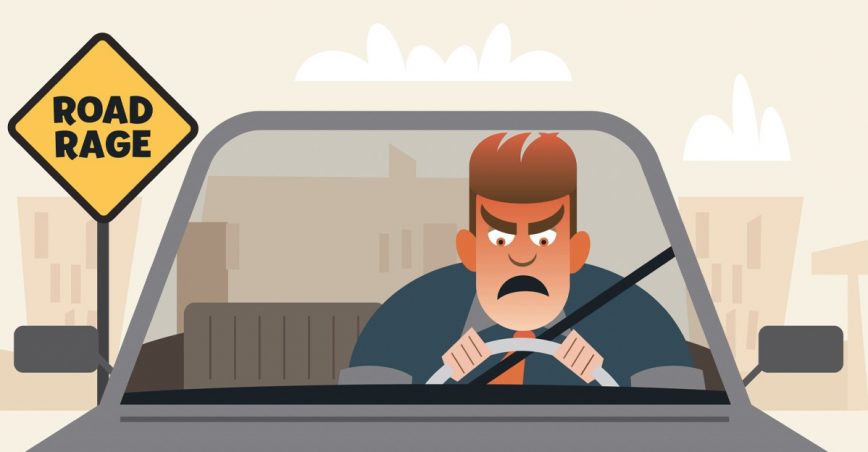Road rage: What makes people prone to anger behind the wheel

Over recent decades, aggressive driving has emerged as a significant concern. The AAA Foundation for Traffic Safety uncovered alarming statistics from an examination of over 10,000 police reports and news articles about traffic accidents leading to violence. Between 1990 and 1996, road rage played a role in 218 deaths and more than 12,000 injuries. Furthermore, these incidents saw a yearly increase of nearly 7%.
Psychologists have delved into understanding who falls prey to road rage and the measures to prevent such dangers. Young males often display aggressive driving behavior, influenced by crowded roads and personal stress. Additional research links road rage to substance misuse.

Jerry Deffenbacher, Ph.D., a counseling psychologist at Colorado State University, identified distinct differences between high-anger and low-anger drivers through research. High-anger drivers exhibit aggressive thoughts, take more risks, and show quicker tempers, leading to more accidents, near-misses, and speeding tickets. They often carry anger from other areas of their lives into their driving, acting impulsively.
Despite the grim statistics, road rage isn’t ubiquitous. While a significant portion of drivers report experiencing road rage, a small fraction admits to extreme violence or threats. Deffenbacher’s research suggests that environmental factors like traffic congestion ignite anger in some drivers, indicating a complex interaction between temperament and external conditions.
Addressing this issue, cognitive and relaxation strategies offer hope for mitigating road rage. Deffenbacher’s approach involves relaxation techniques and cognitive restructuring to help drivers manage their anger. Through therapy sessions focusing on these methods, drivers learned to control their anger in frustrating situations and while driving.
These interventions proved effective in reducing the intensity and frequency of road rage. Follow-up studies showed lasting improvements in anger management among participants. Similarly, a program by the University at Albany’s Center for Stress and Anxiety Disorders saw a 64% reduction in aggressive driving behaviors among participants, with continued benefits observed months later.
This evidence points to a hopeful path for addressing road rage, highlighting the potential of targeted therapy and education in promoting safer driving behaviors.

